Stanley S100 Manual
Læs gratis den danske manual til Stanley S100 (50 sider) i kategorien Ikke kategoriseret. Denne vejledning er vurderet som hjælpsom af 188 personer og har en gennemsnitlig bedømmelse på 4.4 stjerner ud af 94.5 anmeldelser.
Har du et spørgsmål om Stanley S100, eller vil du spørge andre brugere om produktet?

Produkt Specifikationer
| Mærke: | Stanley |
| Kategori: | Ikke kategoriseret |
| Model: | S100 |
Har du brug for hjælp?
Hvis du har brug for hjælp til Stanley S100 stil et spørgsmål nedenfor, og andre brugere vil svare dig
Ikke kategoriseret Stanley Manualer
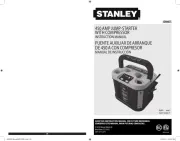

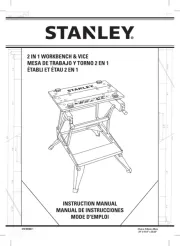
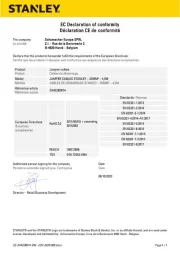


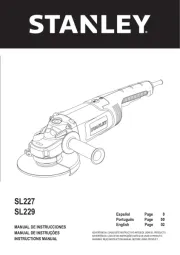
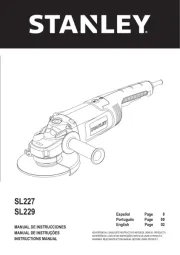
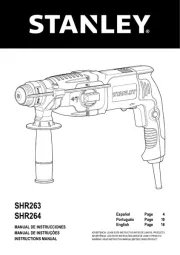
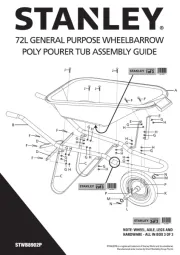
Ikke kategoriseret Manualer
- Avalon
- Cre8audio
- BOHLT
- Nexibo
- Wise
- Jean Louis David
- Fanvil
- Veber
- Cardiostrong
- Prem-i-air
- Twisper
- JAXY
- GLP
- Rugged Geek
- Hamilton Buhl
Nyeste Ikke kategoriseret Manualer









